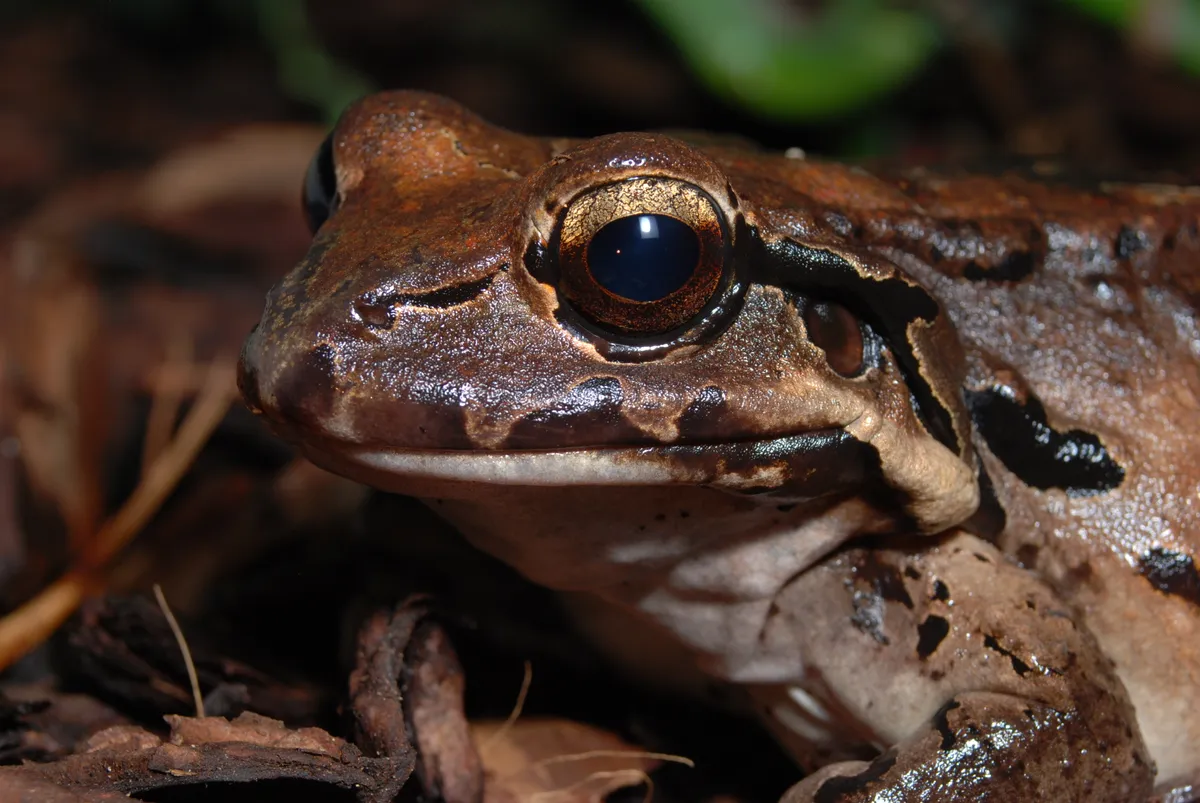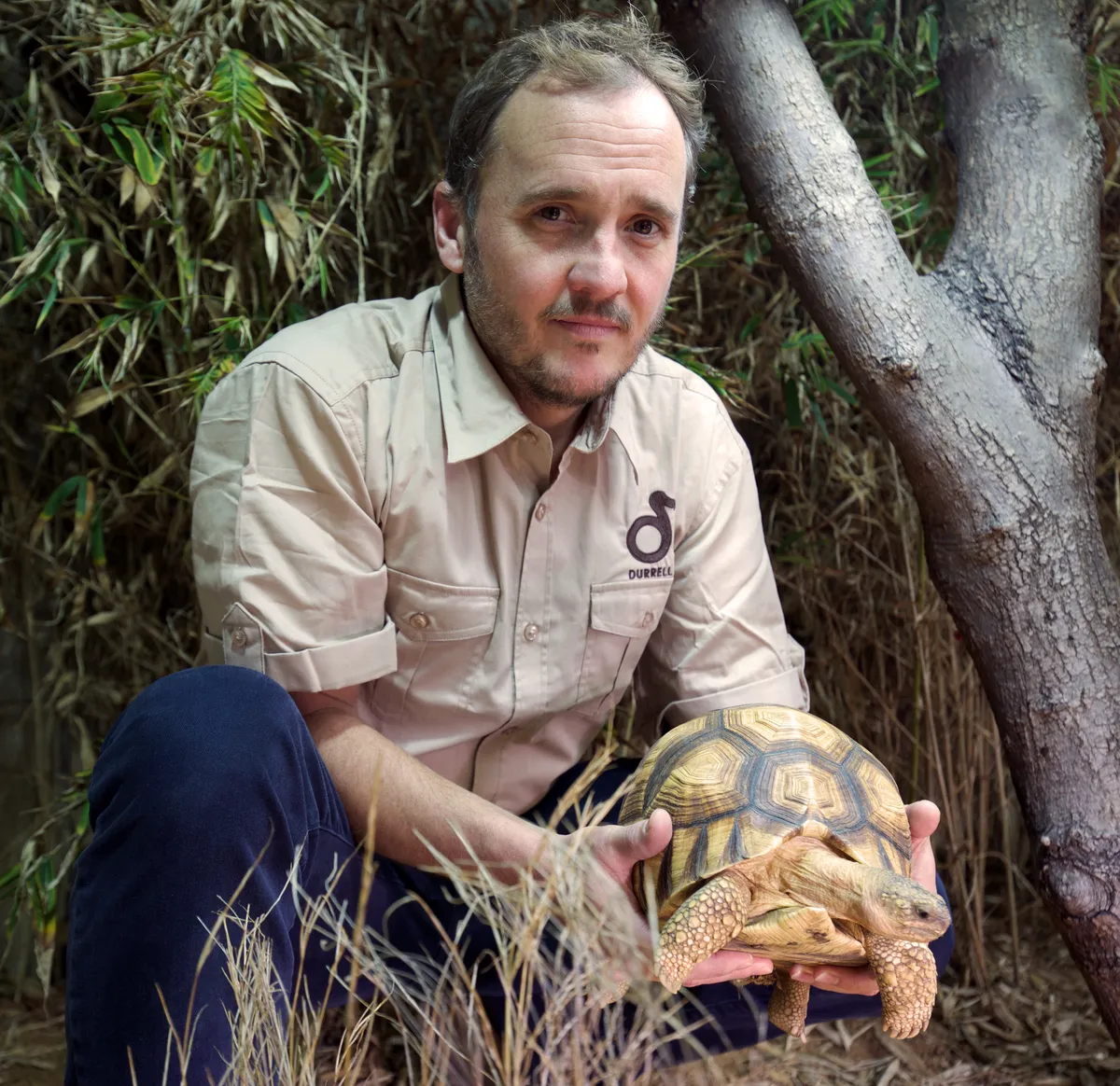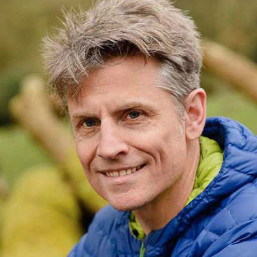One day in 2009, a colleague of Richard Young took a call from the Department of the Environment on Montserrat. The tiny Caribbean island’s mountain chickens – large, forest-dwelling frogs – were dying in droves, they were told.
“I immediately thought it was chytridiomycosis, a fungal infection fatal to this species,” Young remembers. “Within two weeks, we got a team out there to capture the remaining individuals and bring them into a captive-breeding programme.”
Today, it’s very likely there are no mountain chickens living in the wild on Montserrat, and they are extremely rare on neighbouring Dominica. Indeed, they have declined by an estimated 99 per cent and are classified as Critically Endangered.

Nevertheless, Young says this is a conservation success story – if Durrell hadn’t intervened, this amphibian could have gone the way of the dodo.
In 2019, Young, along with colleagues from Durrell and on Montserrat, will experiment with a “highly managed reintroduction” of captive-bred mountain chickens – they will treat any animals that get diseased, but also manipulate their environment to help them clear infections naturally.
Young and colleagues in Mauritius had to take similar action to save the orange-tailed skink in 2009. They predicted that an invasive and predatory Indian musk shrew would soon reach the skinks’ only home (an offshore island), so they scooped up a ‘Noah’s Ark population’ to reintroduce to another island and for captive-breeding.
When the shrews reached the island, they wiped out the skinks in two years. “The speed of their disappearance was shocking,” Young says. Such interventions, and highly detailed species-conservation strategies, are very much the hallmarks of Durrell.
Young’s role is to devise these strategies, in collaboration with other Durrell scientists and local partners, to save and then, hopefully, recover populations. Species he’s focused on include the pygmy hog and the Critically Endangered ploughshare tortoise, which is threatened by illegal trade.

“‘Despair’ is the wrong word but at times you feel like the odds are stacked against you,” Young says. Even some of Durrell’s greatest success stories – the Mauritius kestrel and the echo parakeet – are not safe from extinction.
Previous to working at Durrell, Young studied for a PhD, looking at the impacts of culling badgers on other wildlife. He now applies the lessons learned there to species all over the world.
“My career dream was always to use my scientific expertise in international wildlife conservation,” he says. For the mountain chickens and orange-tailed skinks of this world, that’s got to be good news.
